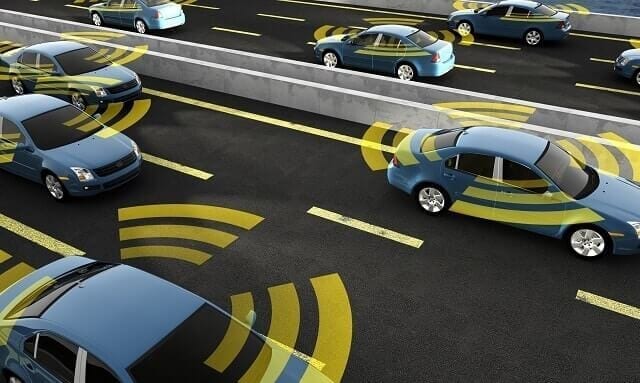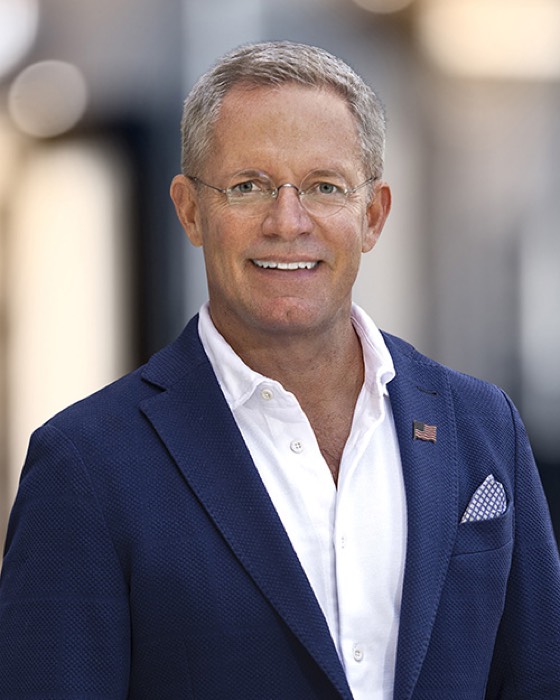Who Is Held Responsible When a Self-Driving Car Causes an Accident?
Experienced Injury Lawyers Serving Victims of Self Driving Car Accidents in Tampa, Clearwater, and St Petersburg

It is pretty clear who is to blame, right? It should be an open-and-shut case with the speeding, sleeping driver having to cover all of the other driver’s accident-related losses.
But, wait. The speeding, sleeping driver was behind the wheel of a self-driving car. The car should have detected that the driver was asleep. It should have “known” the speed limit, and it should have seen the red light before it entered the intersection.
Who is at fault now?
Welcome to a World with Self-Driving Cars. Personal Injury Cases Are About to Change.
First it was Google, then Tesla. Now, numerous tech companies and automotive manufacturers are in the process of developing self-driving technology. One company, Ottomotto (which is reportedly being bought by Uber), is even seeking to retrofit old tractor-trailers so that truckers can drive hands-free.
As reported by Business Insider, by the year 2020, there will be 10 million self-driving cars on the roads. This includes not only “semi-autonomous” vehicles – cars, trucks, and SUVs that have technologies designed to limit driver input and correct driver mistakes – but fully autonomous vehicles as well. According to Business Insider:
“A fully autonomous vehicle can drive from point A to point B and encounter the entire range of on-road scenarios without needing any interaction from the driver. These will debut in 2019.”
That’s only three years away.
Of course, we have already seen that these self-driving technologies are not perfect. First, Google’s self-driving car crashed into a bus. Then, an accident involving a Tesla car revealed a potential “blind spot” in the car’s autopilot technology.
So, we come back to the question: When a self-driving vehicle causes an accident, who is to blame?
Establishing Liability in Collisions Involving Self-Driving Vehicles
As you might expect, the answer is not easy. In fact, it will almost certainly continue to be determined on a case-by-case basis. But, the following are all possibilities:
- The Vehicle Manufacturer – For many people, the first option that comes to mind is the vehicle manufacturer. After all, if the vehicle itself causes the accident, shouldn’t the maker of the vehicle be responsible? Under the law of products liability, vehicle manufacturers, dealerships, and other companies in the “chain of distribution” can all be held liable when a defect causes an accident. In fact, these companies may also be responsible if another company is to blame . . .
- The Autonomous Technology Designer – Major automotive manufacturers regularly license technologies for their vehicles from other companies. If a technology company designs defective software that it licenses to a manufacturer, which then sells defective vehicles to consumers, now there is yet another company involved in the relevant chain of distribution.
- The Driver – In today’s world, fully autonomous vehicles do not yet (legally) exist on the U.S. roads. As a result, drivers in self-driving cars still bear responsibility for ensuring that they do not cause dangerous collisions. If you are injured in an accident involving a self-driving vehicle, there is still a good chance that the driver is at least partially to blame.
- A Shop That Worked on the Vehicle – Suppose a mechanic at a repair shop damages one of the sensors on a self-driving car. Or, maybe a mechanic performs a shoddy brake job, and as a result both the car and the driver are unable to stop in time to avoid a collision. Each of these are scenarios in which a shop that performed work on a self-driving vehicle could potentially face legal liability.
- The Driver’s Employer – As with accidents today, if a driver is on duty at the time he or she causes an accident, his or her employer can often be held liable either (i) for negligently hiring a dangerous driver, or (ii) under the employment-related concept of vicarious liability. If an employer forces all of its employees to drive autonomous vehicles as part of a company initiative, this may provide yet another reason to point a finger at the employer.
- Another Driver – Of course, even autonomous cars do not have force fields. While self-driving cars may be able to steer or brake in order to try to avoid a collision, if a drunk, distracted, fatigued, or inattentive driver creates an unavoidable danger, that driver will still face the prospect of being held liable for the accident.
- Another Technology Provider – Finally, it is not hard to imagine a world where cars communicate with traffic signals, the road, or even each other. In fact, the MIT Technology Review published an article predicting that car-to-car communication technology will be available in one to two years. If some other technology that was supposed to communicate with a self-driving car fails and causes an accident, that technology’s provider may be the one who is to blame.
The question of liability in self-driving car collisions is an interesting one, and one for which the answer is likely to gradually take shape over time. Right now, if you have been involved in an accident involving a self-driving car, the only thing that you need to know is this: You will need an experienced attorney to help you stand up for your legal rights.
Contact the Tampa, FL Auto Accident Attorneys at Abrahamson & Uiterwyk
Abrahamson & Uiterwyk is a personal injury law firm based in Tampa, FL that devotes the majority of its practice to representing victims with auto accident-related injuries. Together, the firm’s 10+ attorneys have over a century of personal injury experience, and they have helped over 20,000 clients seek compensation for their losses.
If you have been injured or lost a loved one in a Tampa car accident, contact Abrahamson & Uiterwyk for a free, no-obligation consultation. To speak with an experienced attorney, call (800) 538-4878, start a Live Chat, or request a callback online today.

